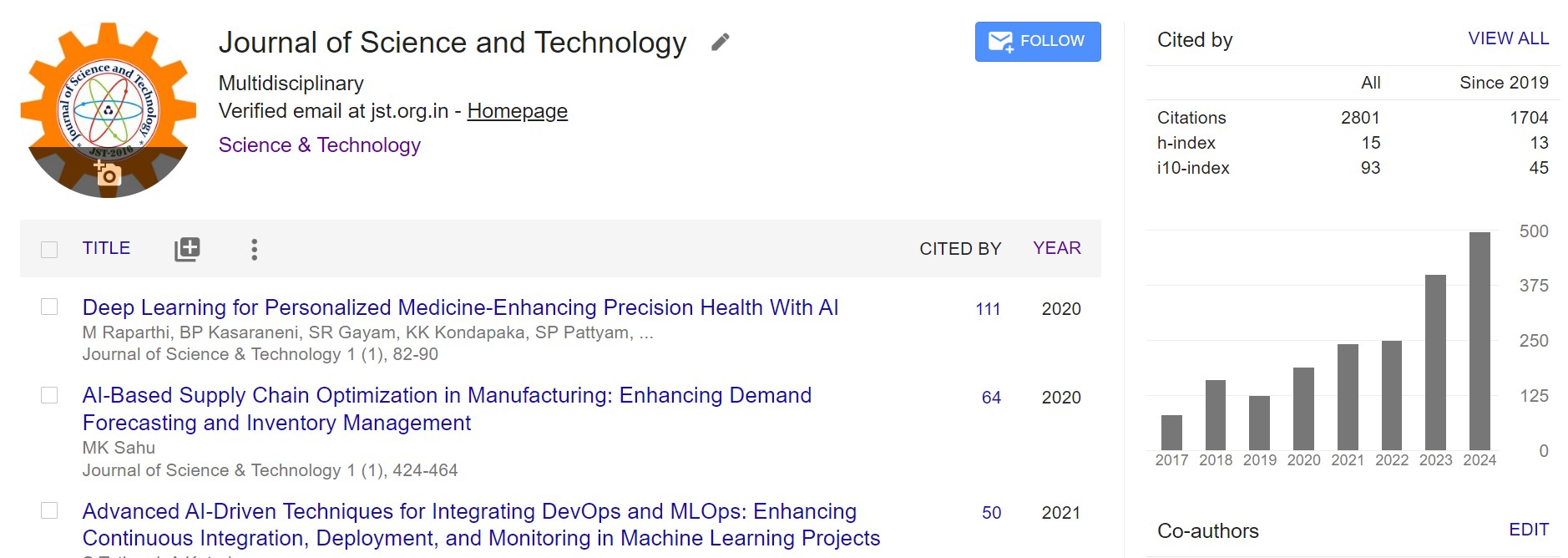ADVANCED NEURAL NETWORK ARCHITECTURE FOR DETECTING FRAUD IN INTERNET LOAN APPLICATIONS
DOI:
https://doi.org/10.46243/jst.2023.v8.i12.pp94%20-104Keywords:
Internet Loan, Neural Network, Machine Learning, Credit risk.Abstract
The background of the modernized loan approval system lies in the inefficiencies and limitations of traditional loan approval processes. The history of modernizing loan approval systems using machine learning techniques can be traced back to the early 2000s when financial institutions started exploring data-driven approaches to assess credit risks. With the growth of the internet and digitalization, lenders began collecting vast amounts of data on borrowers, including transaction history, social media activities, and online behavior. This data became valuable for predicting creditworthiness and revolutionized the way loans were approved. Traditional loan approval systems typically involved manual paperwork, face-to-face interviews, and subjective judgment. Loan officers would assess applicants based on credit scores, income statements, and collateral. The process was time-intensive and often led to delays in loan approvals. Moreover, these methods were not always accurate in predicting repayment capabilities, leading to higher default rates. In addition, existing methods were often time-consuming, paper-based, and relied heavily on human judgment, making them prone to errors and biases. With the advent of technology and the availability of vast amounts of data, there was a need to develop a more efficient, accurate, and unbiased loan approval system. This need gave rise to the use of machine learning techniques to predict loan approvals based on various factors and data points. Therefore, this research work proposes a machine learning model to develop accurate predictive models that can assess a borrower's creditworthiness using diverse data sources. Further, the proposed model automates the loan approval process, which reduces the time taken for approval, enabling quicker disbursal of funds and it can analyze large datasets to make accurate predictions about a borrower's creditworthiness. This also reduces the operational costs associated with manual loan processing and it will reduce biases in loan approval decisions, promoting fairness and equal opportunities.


























